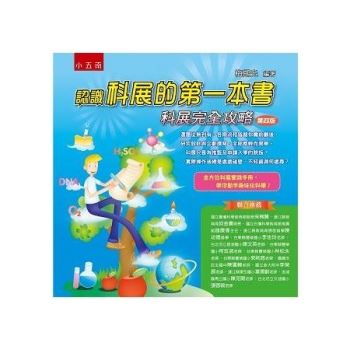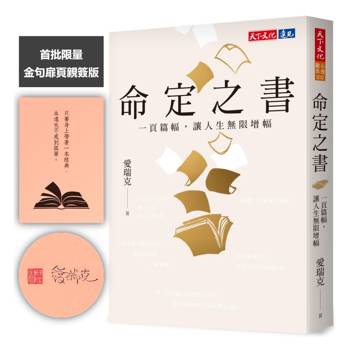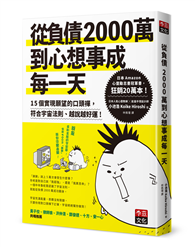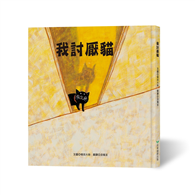Being a transgender* or gender creative (T*GC) child in the United States today means being the subject of a national debate about whether you are entitled to exist, live a full life, or control your body. T*GC students have suffered outside of and within schools, experiencing among the highest rates of academic exclusion, vulnerability to bullying and violence, poor mental health, and troubling life outcomes due to bias, stigma, and discrimination.
At the time this manuscript was completed, the Human Rights Campaign had officially declared a "State of Emergency’’ for LGBTQ+ Americans. Of the over 600 anti-LGBTQ+ bills recently introduced across the nation, nearly a third directly target trans* and gender-creative people, particularly children, violating both civil and human rights. Fortunately, not all bills will pass, and activists are moving liberation work forward everywhere every day.
T* Is for Thriving offers collected wisdom from educators and community members about meeting T*GC students’ needs in schools in order to light a path toward their thriving. In it, the editors, Kia Darling-Hammond and Bre Evans-Santiago, have curated lesson plans that offer models for inclusive instruction, along with stories that amplify community guidance about how to be responsive, affirming, and celebratory of T*GC needs, histories, and contributions in schools.
These stories and lessons are an immediate resource for advancing a pedagogy of hope and possibility, both in the present and the future.
T* Is for Thriving is essential reading for anyone involved in developing and defending the rights of educators and students. It is the perfect text for courses in teacher education, as well as those focused on social justice, LGBTQ+ topics, and critical pedagogy.
Perfect for courses such as: Multicultural Education; Gender Studies; Teaching Methods (Science, Social Studies, Language Arts, Math); Curriculum Design; Diversity in Education; Social Foundations of Education; Inclusive Methods of Teaching; Practicum/Clinical Practice; Literacy Methods; and History, Policy and Social Changes












